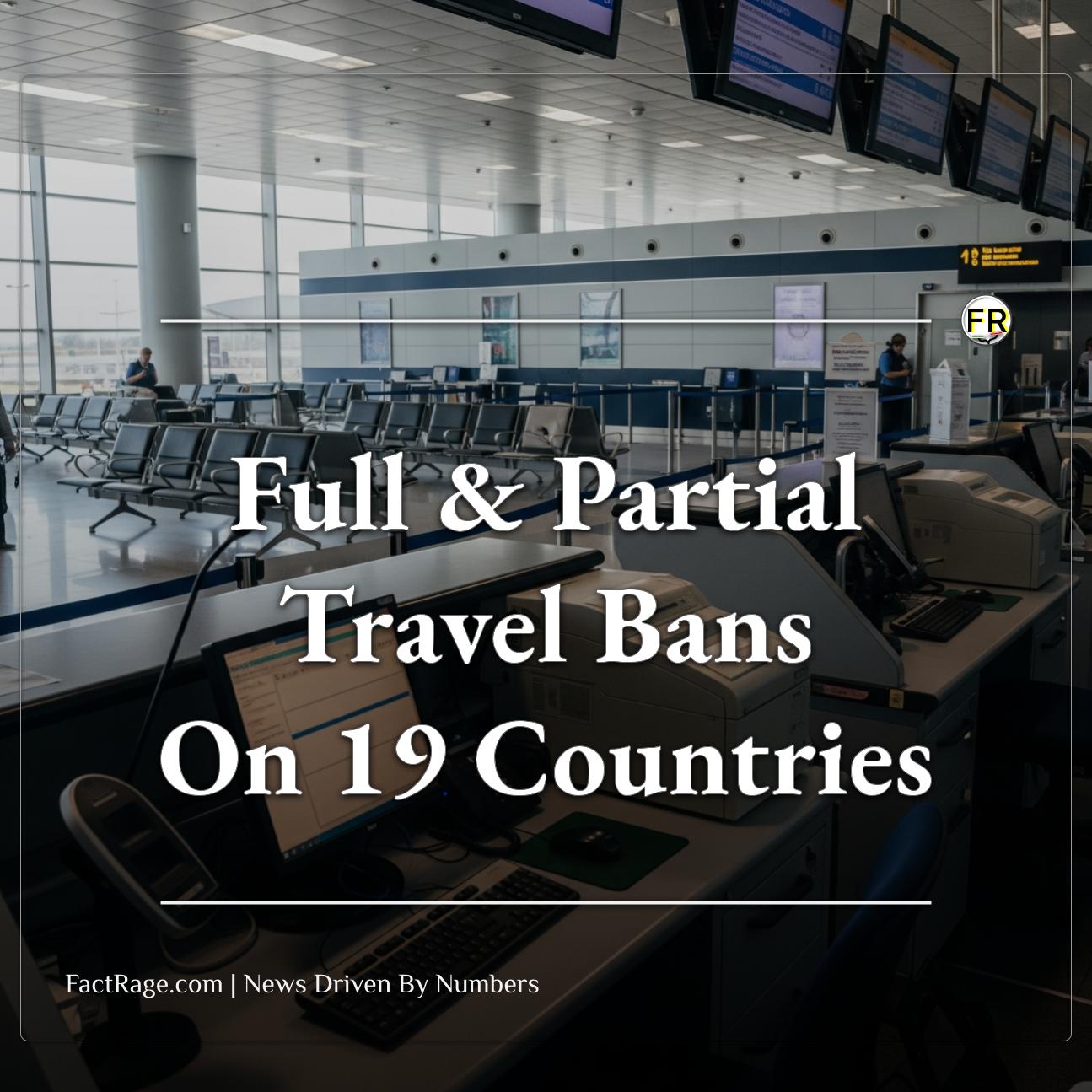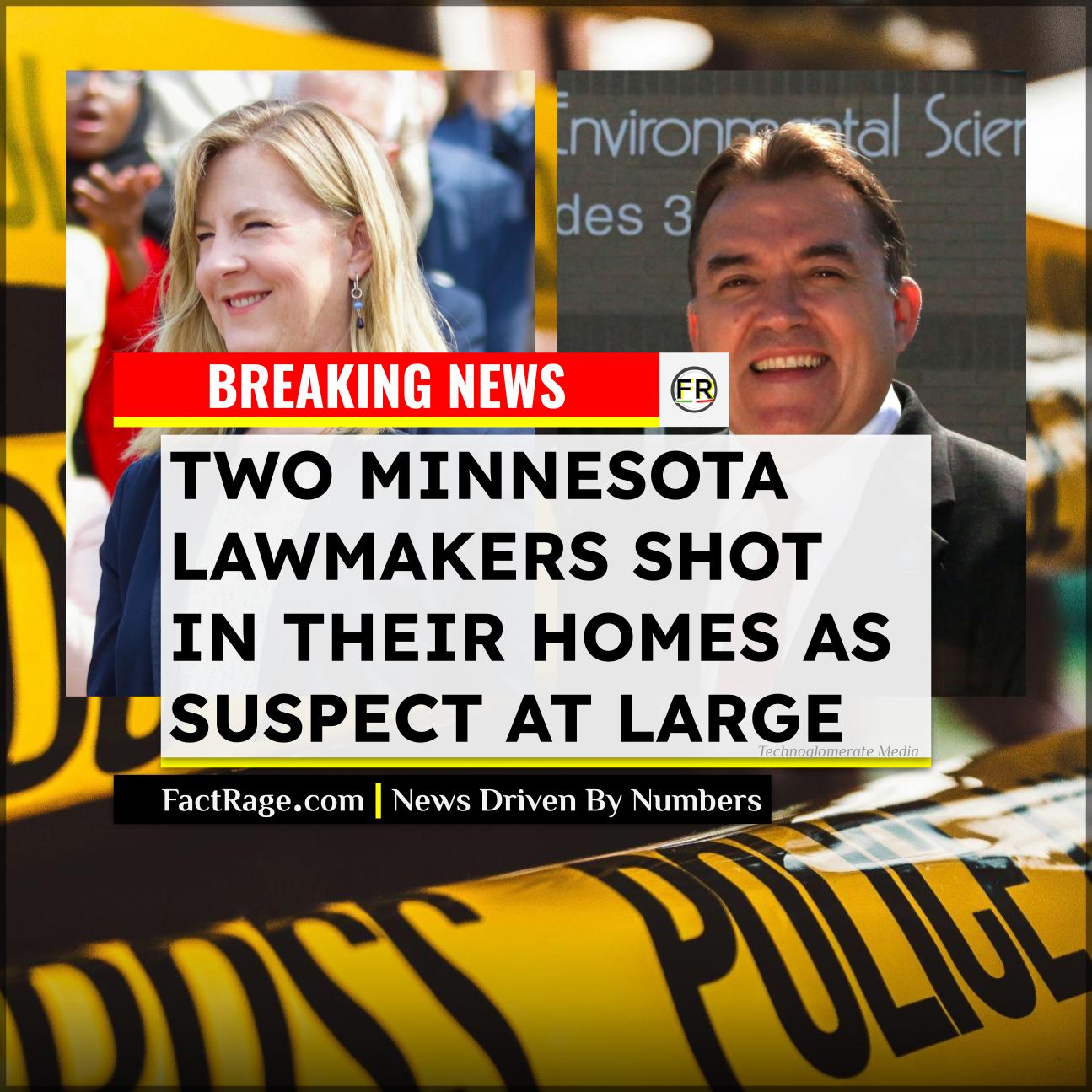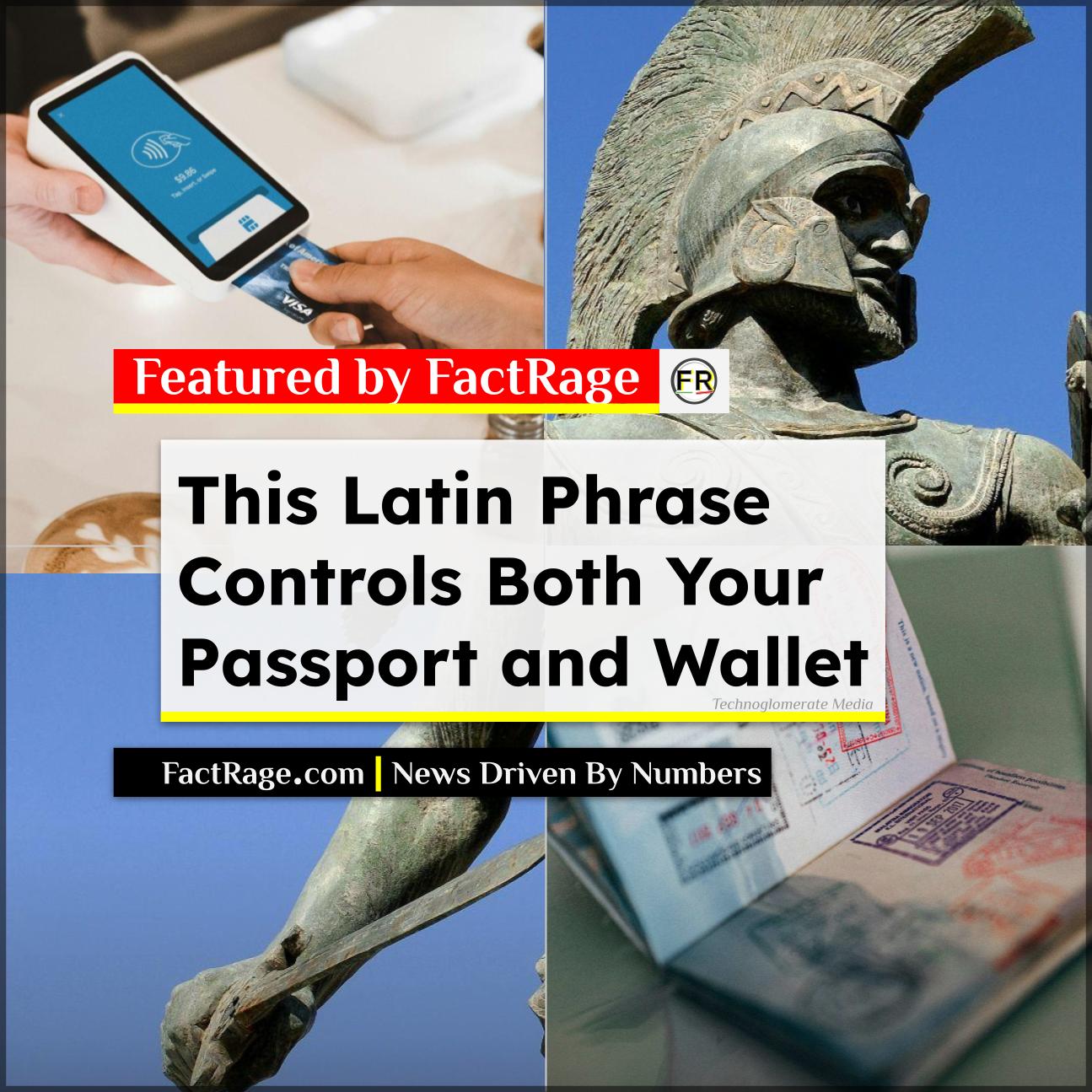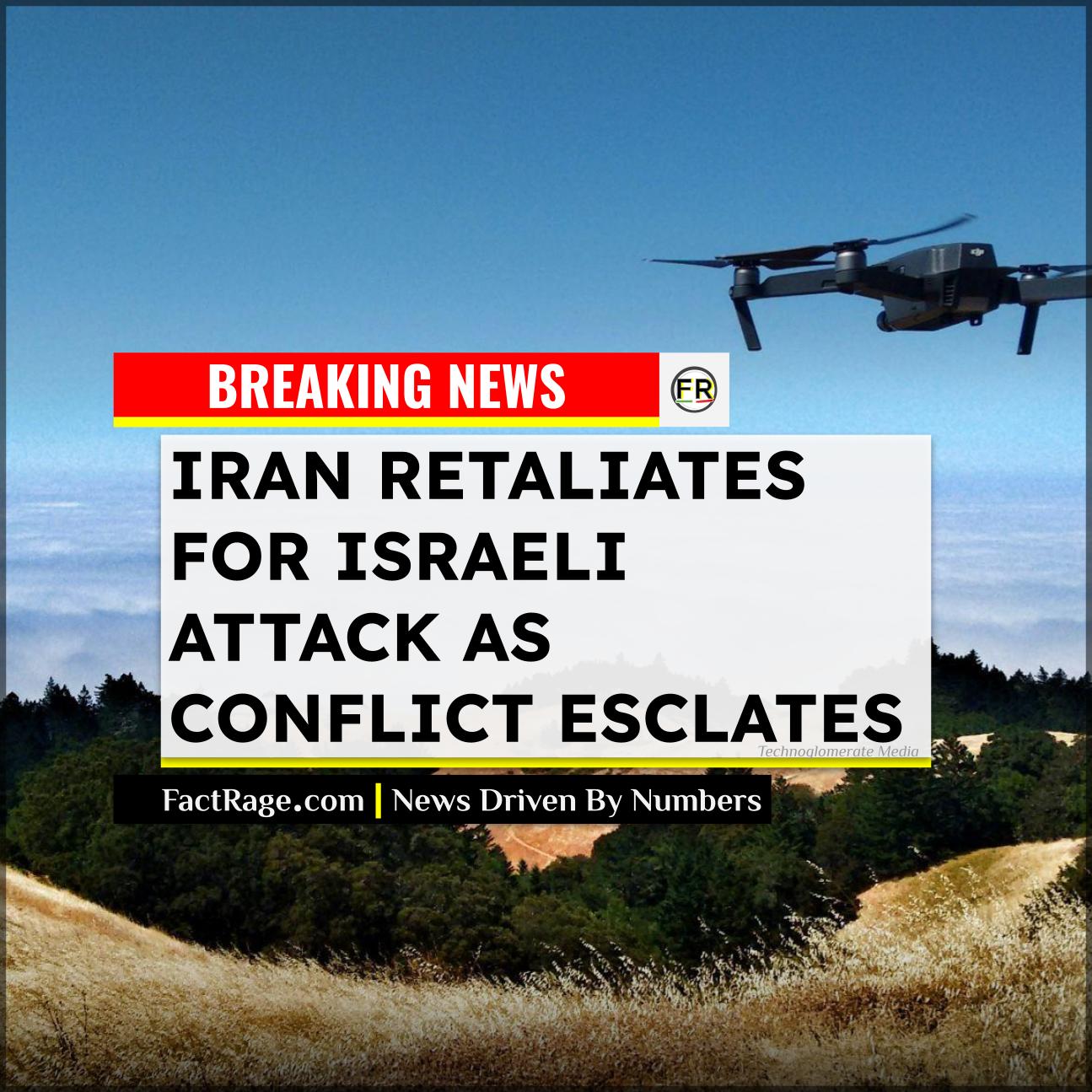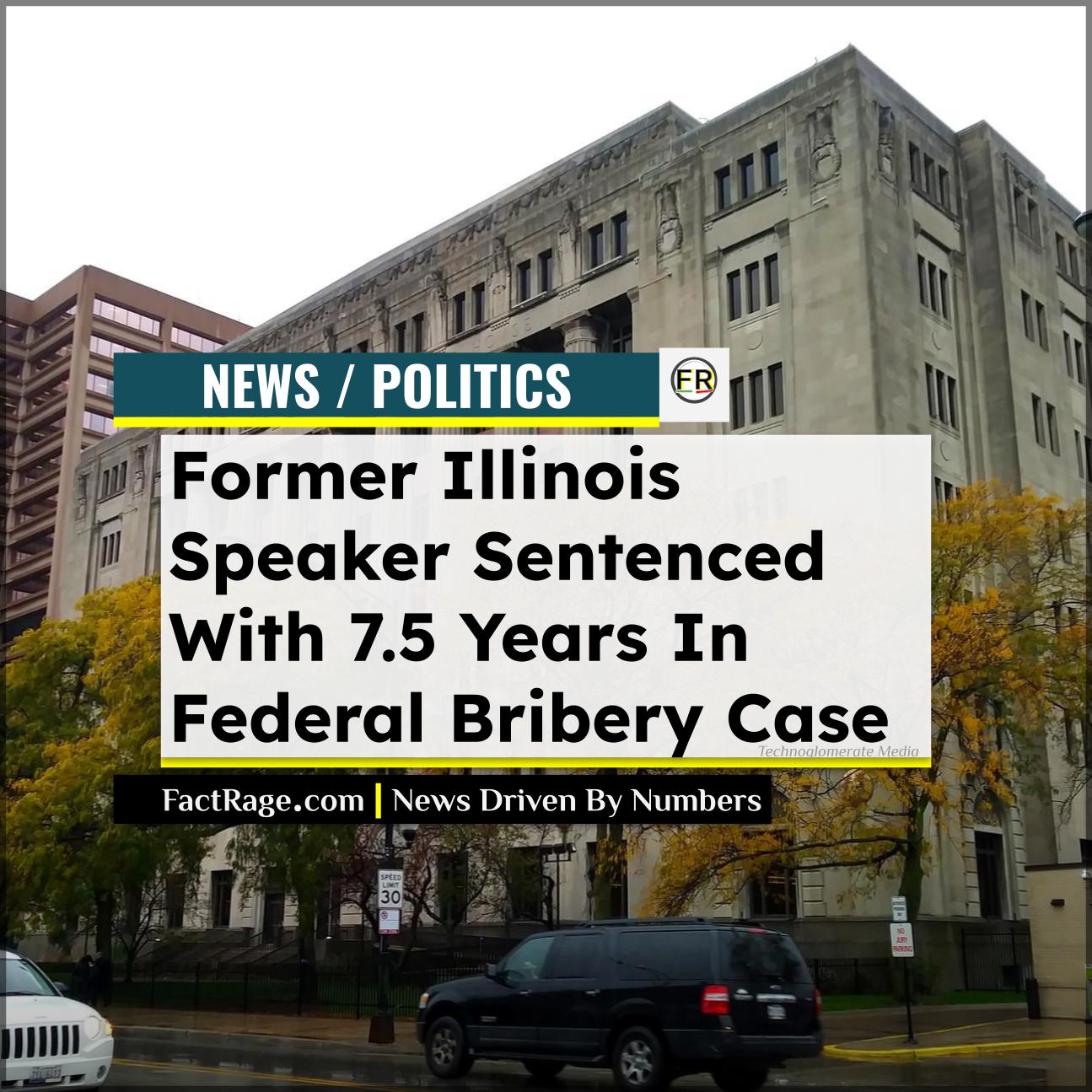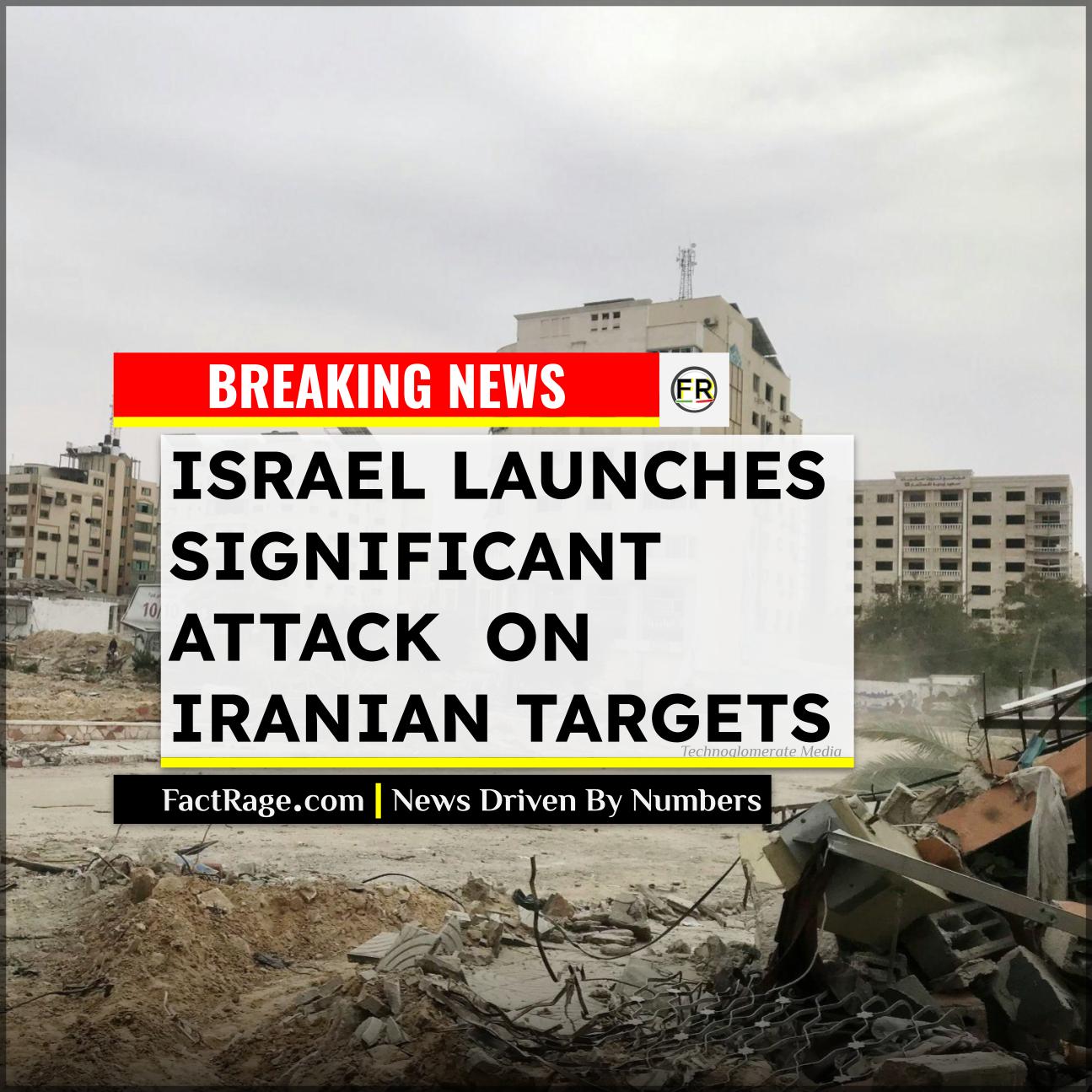WASHINGTON, DC – The White House announced late Wednesday that President Donald J. Trump has signed a proclamation imposing new travel restrictions on nationals from 19 countries, citing threats to national security, public safety, inadequate vetting procedures, and high rates of visa overstays.
Key Insights:
- Countries Affected – Full entry suspensions are placed on nationals from 12 countries: Afghanistan, Burma (Myanmar), Chad, Republic of the Congo, Equatorial Guinea, Eritrea, Haiti, Iran, Libya, Somalia, Sudan, and Yemen. Partial restrictions apply to 7 countries: Burundi, Cuba, Laos, Sierra Leone, Togo, Turkmenistan, and Venezuela.
- Effective Date – The new travel restrictions are set to take effect at 12:01 a.m. Eastern Daylight Time on June 9, 2025.
- Stated Justifications – The proclamation outlines reasons including deficient information-sharing and identity-management practices by the named countries, high visa overstay rates, presence of terrorist groups, and failure to accept removable nationals.
The move resurrects and expands upon a hallmark policy of President Trump’s first term, aiming to protect the United States from individuals deemed to pose a security risk.
Nations Facing Full and Partial Entry Suspensions
The presidential proclamation distinguishes between full and partial suspensions of entry for both immigrants and nonimmigrants.
Full Suspension of Entry (12 Countries):
- Afghanistan
- Burma (Myanmar)
- Chad
- Republic of the Congo
- Equatorial Guinea
- Eritrea
- Haiti
- Iran
- Libya
- Somalia
- Sudan
- Yemen
Reasons cited for these full suspensions vary by country but generally involve concerns over inadequate passport and civil document issuance, insufficient screening and vetting measures, high visa overstay rates, and, in some cases, the presence of terrorist groups or state sponsorship of terrorism. For instance, the proclamation notes Chad’s B-1/B-2 visa overstay rate of 49.54% and an F, M, and J visa overstay rate of 55.64% in Fiscal Year 2023. For Iran, its designation as a state sponsor of terrorism and failure to cooperate in identifying security risks are highlighted. Haiti is cited for high overstay rates (31.38% for B-1/B-2 visas) and the proclamation mentions “hundreds of thousands of illegal Haitian aliens” entering during the previous administration.
Partial Suspension of Entry (7 Countries):
- Burundi
- Cuba
- Laos
- Sierra Leone
- Togo
- Turkmenistan
- Venezuela
These are specifically impacting immigrant visas and nonimmigrant B-1 (business), B-2 (tourist), B-1/B-2, F (student), M (vocational), and J (exchange visitor) visas
For these countries, justifications also include visa overstay rates and, in cases like Cuba and Venezuela, lack of cooperation or deficient document issuance. For example, Cuba is cited as a state sponsor of terrorism with a B-1/B-2 visa overstay rate of 7.69% and an F, M, and J rate of 18.75%. Venezuela is noted for lacking a competent authority for issuing passports and a B-1/B-2 overstay rate of 9.83%. Consular officers are also directed to reduce the validity of other nonimmigrant visas for nationals of these seven countries.
Rationale and Presidential Justification
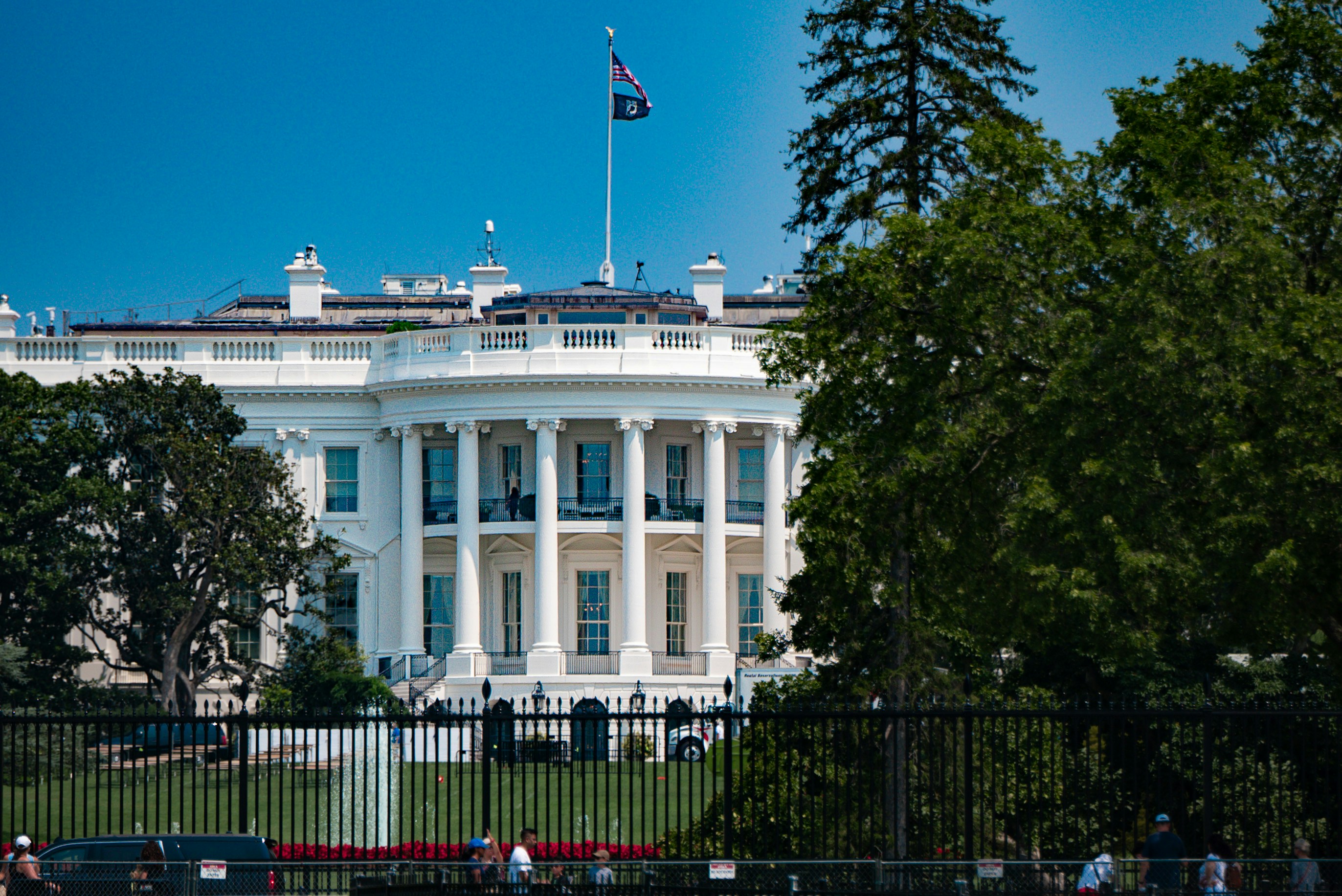
The proclamation asserts that these measures are necessary because, “absent the measures set forth in this proclamation, the immigrant and nonimmigrant entry into the United States of persons described… would be detrimental to the interests of the United States.” President Trump stated in the proclamation that the policy aims to protect citizens from “aliens who intend to commit terrorist attacks, threaten our national security, espouse hateful ideology, or otherwise exploit the immigration laws for malevolent purposes.”
The decision followed a report from the Secretary of State, in coordination with other intelligence and security agencies, identifying countries with deficient vetting and screening information. The President also cited a link to a recent terror attack in Boulder, Colorado, in a social media video, stating it underscored the dangers of improperly vetted individuals and visa overstayers, though the suspect in that attack was reportedly from Egypt, a country not on the restricted list but mentioned in the proclamation for an updated review of its screening capabilities.
Exceptions and Implementation Details
The proclamation outlines several categorical exceptions. The restrictions do not apply to:
- Lawful permanent residents of the United States.
- Dual nationals traveling on a passport from a non-designated country.
- Individuals with specific diplomatic visas (A-1, A-2, C-2, C-3, G-1, G-2, G-3, G-4, NATO-1 through NATO-6).
- Athletes and support staff for major sporting events like the World Cup or Olympics, as determined by the Secretary of State.
- Certain immediate family immigrant visas (IR-1/CR-1, IR-2/CR-2, IR-5) with clear evidence of identity and relationship.
- Adoptions (IR-3, IR-4, IH-3, IH-4).
- Afghan Special Immigrant Visas.
- Special Immigrant Visas for U.S. Government employees.
- Immigrant visas for ethnic and religious minorities facing persecution in Iran.
Case-by-case waivers may also be granted by the Attorney General or Secretary of State if an individual’s entry is deemed to be in the U.S. national interest or would not pose a threat. The proclamation clarifies that no valid visa issued before the effective date will be revoked under this order, and it does not affect individuals already granted asylum or refugee status. A review process is mandated, with the Secretary of State to report to the President within 90 days, and every 180 days thereafter, on whether the restrictions should be continued, modified, or terminated.
Context and Reactions
This travel ban echoes a similar policy implemented during President Trump’s first administration, which faced numerous legal challenges before a revised version was upheld by the Supreme Court. That ban was rescinded by the subsequent administration.
The announcement has drawn criticism from various groups. Shawn VanDiver, president of #AfghanEvac, called Afghanistan’s inclusion a “moral disgrace,” despite the exception for Special Immigrant Visas. Oxfam America’s president, Abby Maxman, stated, “This policy is not about national security — it is about sowing division and vilifying communities.” The new ban, taking effect Monday, provides a several-day notice period, potentially to avoid the airport chaos seen when the 2017 ban was implemented with little warning.
Read the Full Proclamation Here: whitehouse.gov link

